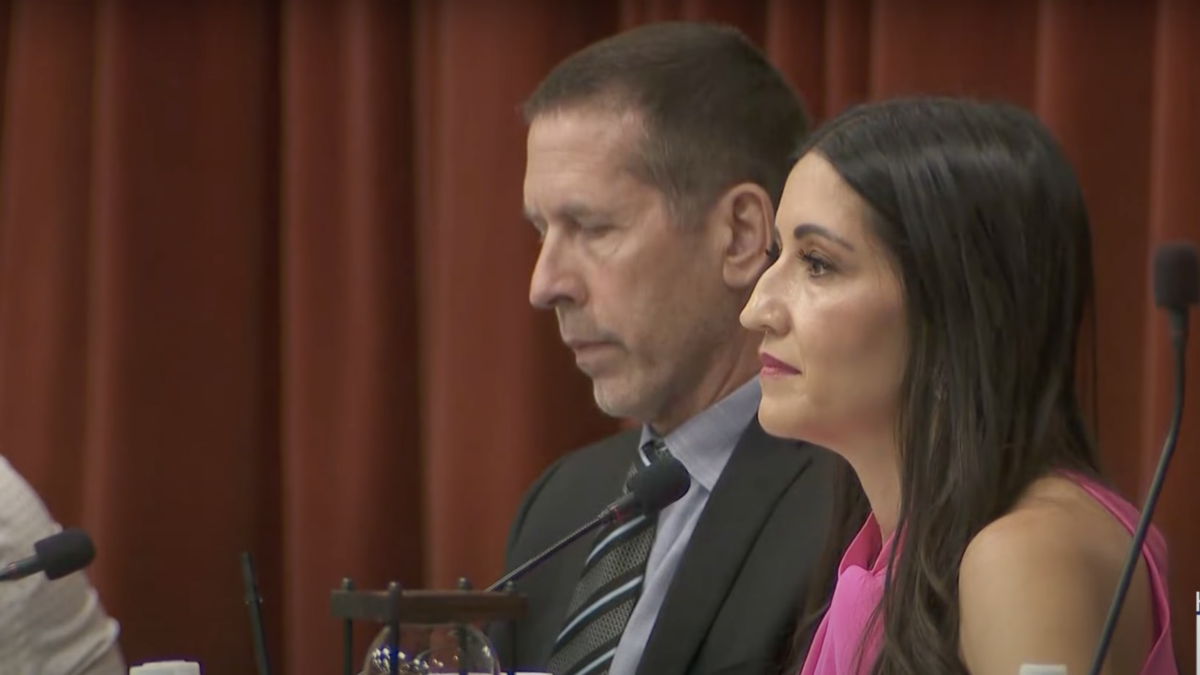
The Los Angeles Times reports that from August 27 to September 27 last year, the University of California Berkeley spent $3.9 million on security at three different free-speech oriented events. The extra security was deemed necessary in the wake of previous events with controversial speakers, such as conservative pundit Ben Shapiro’s visit in February 2016, during which rioting broke out. Berkeley is not alone in needing to shell out more money for security when controversial speakers come to campus. Milo Yiannopoulos’ visit to the University of Washington’s Seattle campus in January 2017 clocked in at around $75,000 in security-related expenses.
As costs continue to mount, it’s easy to see why colleges are starting to give way on free speech issues in the name of financial expediency. While understandable, such a reaction is exactly what the explicit opponents of free speech hope to achieve. Colleges shouldn’t give in to them.
The main front in the war on free speech is, without a doubt, on college campuses around the country. Driven by ideological fervor, many young students engage in various antics in efforts to prevent speakers they disagree with from talking. Such disruptions often take place under the guise of anti-fascism, but have been used against speakers ranging from Yiannopoulos, often associated with the alt-right, to mainstream academics like Charles Murray, and even Claire Guthrie Gastañaga, the director of the Virginia ACLU.
“No platforming” — preventing someone from speaking by pressuring universities or causing chaos during the actual event — is an integral part of the Antifa strategy, and it is talked about at length in “Antifa: The Anti-Fascist Handbook,” by Dartmouth lecturer Mark Bray. Bray counters arguments that disrupting speech of people like Anne Coulter and Yiannopoulos only benefits them by giving them more attention, by arguing that such attention is only gained in the short-term. Disrupting the speakers is important on its own to prevent the in-person organization of racists and “fascists” (a definition Bray uses very broadly in his book to include things such as “ableism, heteronormativity, patriarchy, nationalism, transphobia, class rule, and many others.”) but also because, he claims, there are diminishing marginal returns of the attention garnered by the disruptions.
Schools will get tired of dealing with speakers that lead to disruption and shelling out big bucks for extra security when they come to campus. Bray explicitly hopes for this, saying “making it a nightmare for campus groups and administrators to have such speakers on campus will inevitably reduce the number of invitations.”
Worrisome as that is, there is also a larger aspect to the long-term effects of disruption that Bray addresses as well. Eventually, people will get tired of reading the same articles talking about campus disruption. Things have gotten to the point where the only reason to read articles about college protests and disruptions is to find out the who and where, as all the other information more or less stays the same. In Bray’s words, “the columns from the free speech warriors will likely eventually slow down as they run out of new points and their ability to manufacture outrage dissipates.” If such a public disinterest were to occur, the end result would be more freedom for Antifa to disrupt and silence everyone they disagree with.
Aside from the people who are invested in the free speech debate, it does not seem out of the question that the general public might grow bored of the conflict and tune out — or even come to favor — restrictions on speech, if only for the sake of tranquility and an end to perpetual disruptions. Similarly, college administrations lacking an ideological dedication to free speech are much more likely to cave to the financial pressure of mounting security costs and explicitly or implicitly start to restrict any speech that might be objected to through bureaucratic hurdles. Both situations would have negative consequences for the future of a free and open society.
But not all is lost. The same logic of a war of attrition used by Antifa against free speech can be turned back against them. There are often very few if any consequences for event disrupters, both students and non-students alike. This is, in effect, handing Antifa cost-free victories that extract a large amount of resources from colleges.
This absurdity is allowed to go on in part because of the way in which college campuses have become havens from reality. Behavior that would not be tolerated for a moment in public places or workplaces is put up with. If colleges are going to try and reduce the costs that result from no-platforming and other forms of disruption, they need to start treating their students and outside agitators like adults. Students who disrupt events should face fines and expulsion. Outsiders should face charges for disturbing the peace. These consequences should be proclaimed in advance and strictly enforced.
While such actions may seem harsh, they are no different than what disruptors would face in the real world. Free speech, both in its legal sense and it’s broader conception of open discourse, does not mean that people get to scream, shout, and protest wherever and whenever they please. Students who disagree with speakers are free to organize a counter speaker, or organize a peaceful demonstration that does not disrupt anything but signals disagreement. Disturbing the peace and blackmailing universities with threats of violent chaos are not protected speech when peaceful and orderly outlets for free expression exist, and if they are tolerated true free speech cannot exist.
If Antifa wants to shut down free speech by waging a war of attrition, those of us who value open discourse must steel ourselves for the long fight ahead and ensure that colleges aren’t blackmailed into silence with threats of disruption and expensive security bills.









